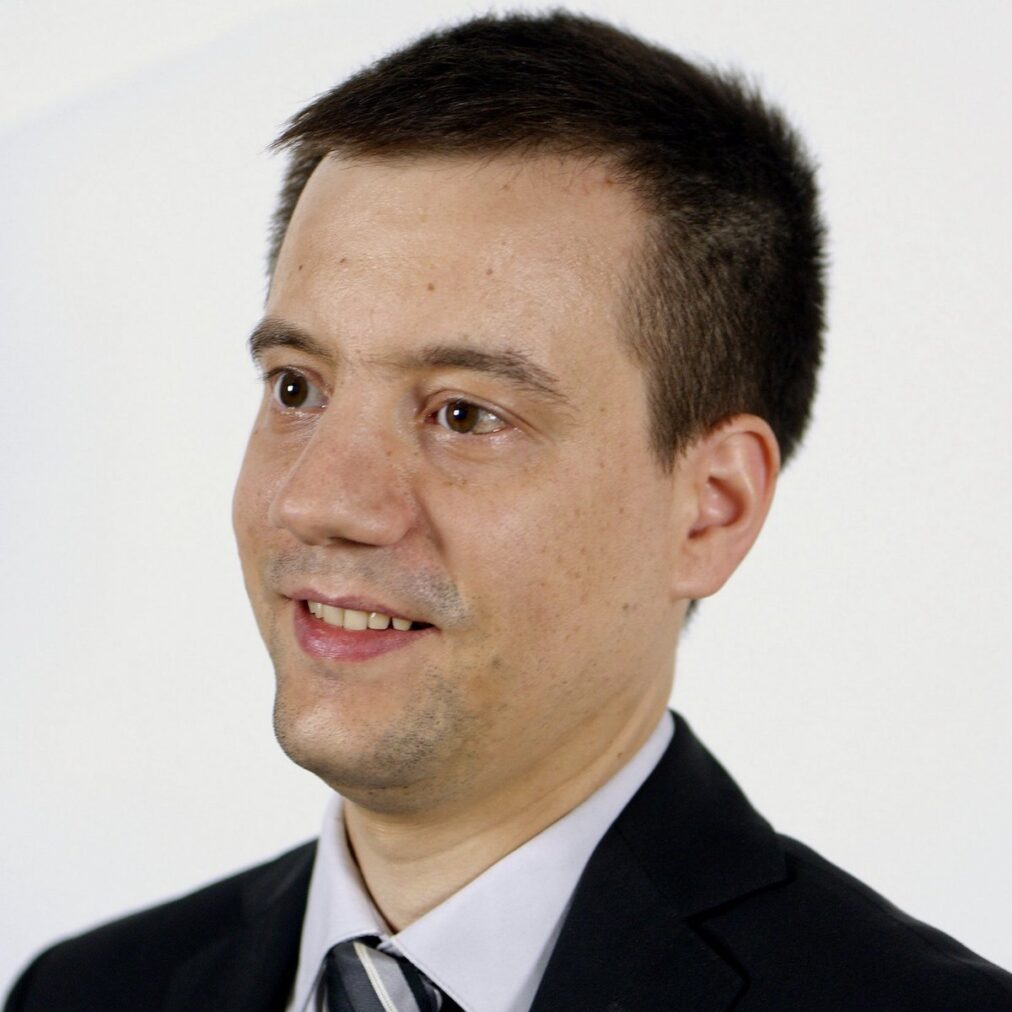Climate change is now

Temperatures have already risen by more than 1.2°C compared with the pre-industrial era. This means we have to adapt to these impacts, which, whatever happens, will continue to increase in the coming decades.
Insurance is on the front line, protecting the French people – individuals and professionals, as well as public authorities – against climate events. Preventing, organising and anticipating any worsening of the risk are the key words for this adaptation. Against this background, Groupama is leading a climate change adaptation programme that aims to accelerate initiatives to continue supporting its members, in compliance with its mutualist corporate purpose, while managing the commitments and the necessary economic balances.
Cédric Bouclier, Head of the climate change adaptation programme and the Climate Lab, talks about these challenges and how Groupama is rising to them.

The worsening climate risk is presenting new insurance challenges.
Can you tell us what these are?
Cédric Bouclier, Head of the climate change adaptation programme and the Climate Lab
Cédric Bouclier: Climate issues are becoming pressing for insurers because we are seeing very significant and progressively increasing loss amounts. In the 1990s, in the French market, these losses were around €1.5 billion per year on average, whereas they have exceeded €3 billion since 2015. And 2022 was an emblematic year, because we reached €10 billion of claims due to hailstorms and droughts. This new reality is energising all private and public insurance actors, because the approach to natural disasters is going to have to evolve. These changes are a source of concern for our customers and members, who are seeing these phenomena multiplying, while the answers have yet to be constructed. I would like to cite two notable examples. The first is the more frequent droughts that generate cracks in individual houses due to the phenomenon of clay shrinkage-swelling, for which technical solutions are still being sought. The second is the recurrence of floods like those experienced by Pas-de-Calais in recent months, inflicting a real ordeal on the people concerned. Insurers therefore find themselves facing three major issues: a sharp increase in losses, the need to support customers and members in the face of these events and, finally, an operational management challenge of dealing effectively and simultaneously with thousands of cases, as during the Ciaran storm in Brittany.
How is Groupama tackling this issue?
C.B: Since 2021, Groupama has set up a climate change adaptation programme to address these issues. It focuses on three core areas: supporting our customers, maintaining our economic balance through sustainable responses and strengthening the culture among our elected members and employees with regard to climate issues.
Supporting our customers means, first and foremost, raising their awareness. For example, we send them SMS alerts ahead of climate events (more than 13 million in 2023) with recommendations. And for those in exposed areas, we offer a chatbot on groupama.fr for accessing practical tips to reduce their vulnerability, such as installing floor tiles, raising electrical outlets etc., in areas prone to flooding. This support also involves passing on and promoting public initiatives to our members in areas at risk.
Maintaining our economic balance requires, first of all, a good understanding of the different climatic risks and their impacts in terms of damages. To this end, we work on modelling internal and external data to integrate these risks into our decision-making systems.
Finally, strengthening the “climate” culture among our teams means conducting awareness-raising e-learning sessions, rolling out Climate Fresk workshops and developing more in-depth training courses for our experts – in short, adapting skills to the transformation of our business and our practices.
Is the Climate Lab a tool for forward-looking reflection, prevention or an accelerator of change?
C.B: It is all of that at the same time! The role of the Climate Lab is to coordinate and accelerate the work related to this dynamic of adaptation to climate change, which is carried out by Groupama’s technical directorates and business lines. Our role is also to conduct experiments. As already mentioned, we relay innovative public initiatives carried out in the regions: we connect the communities that implement these actions with our regional mutuals. The idea is for the mutuals to contact their affected customers in order to put the initiatives into action. In the Zorn Valley, in Alsace, we sent 800 letters to our members to encourage them to take advantage of a flood vulnerability diagnosis, offered by the Alsace-Moselle Syndicat des Eaux et de l’Assainissement, and then to start work in their homes by obtaining a grant of up to €30,000 from the fund for the prevention of major natural hazards (FPRNM), known as the Barnier Fund. We also carried out the same type of action in the Nîmes region, and plan to do so in 2024 in Côtes d’Armor (Britainny), and other regions.
The Climate Lab also participates in the “Drought Initiative”, which aims to find effective prevention and repair solutions for strengthening the resilience of houses faced with drought, especially those built on clay soils, and to reduce the extent of the cracking observed in recent years.
What internal and external skills does the Climate Lab rely on?
C.B: The Climate Lab is a close team of four people with diverse profiles: a flooding expert, a data and process industrialisation specialist, a person in charge of sustainability topics, and me. I am an agricultural engineer by training, and was previously in charge of operational strategic planning. We work with many external actors, including three main ones from the academic world: Institut Pierre-Simon Laplace, a leading centre of expertise on climate change that contributes to the work of the IPCC; Institut Agro Montpellier, with which we formalise a catalogue of flood prevention approaches for agriculture; and the BRGM (Bureau des Risques Géologiques et Miniers), which brings us its expertise on the impact of droughts on the different regions. The exchanges are reciprocal: we need their scientific contributions, while they appreciate being able to work on the concrete issues that we submit to them. We also need to collect external data on the buildings that we insure – GPS coordinates, roof condition etc. – and here again we rely on external partners to build a foundation and integrate it into our IT systems.
The Climate Lab has carried out a mapping of the different types of risks in the regions. Can you tell us about this?
C.B: Exposures to climate risks and their impacts differ greatly from one region to another, although none of them is spared. It is therefore important for Groupama to determine the exposure of our portfolio in the different regions in order to avoid being over-represented, beyond our national market share, in the areas most at risk, and to take preventive actions where these are the most useful approach. We carry out these mappings on a risk-by-risk basis. We started with drought on clay soils and we also mapped the risk of hail that could impact vehicles in urban areas and on motorways, or buildings, which is especially the case in the vicinity of mountainous areas. And of course the risk of flooding.
What will be the next topics to be addressed by the Climate Lab?
C.B: We will continue to deepen our understanding of climate risks in order to inform and raise awareness among our stakeholders, contribute to research and prevention and be able to adjust our exposure so that we can preserve our economic balance. The Climate Lab will also work on other CSR topics such as reducing our own impacts, particularly in the repair chain for claims on cars or homes, which involves high CO2 emissions, for example by developing the re-use of spare parts. We will also address how to support our customers who have photovoltaic panels with regard to the fire risk, in order to find the best technical balance. So many topics related to the transitions in progress that will keep us busy for many years to come!
